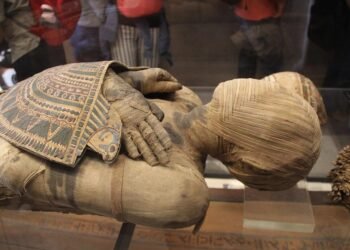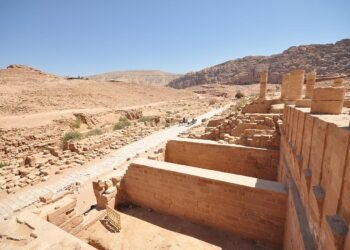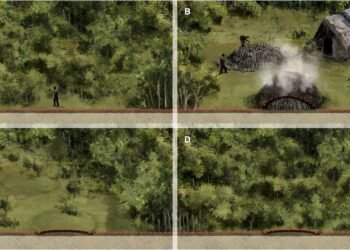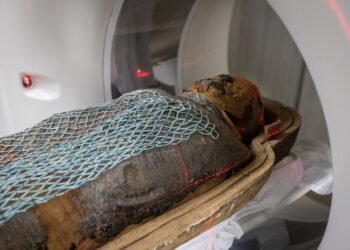Archaeologists uncovered some ancient Roman remains while digging around in the sewers of Rome’s Colosseum.
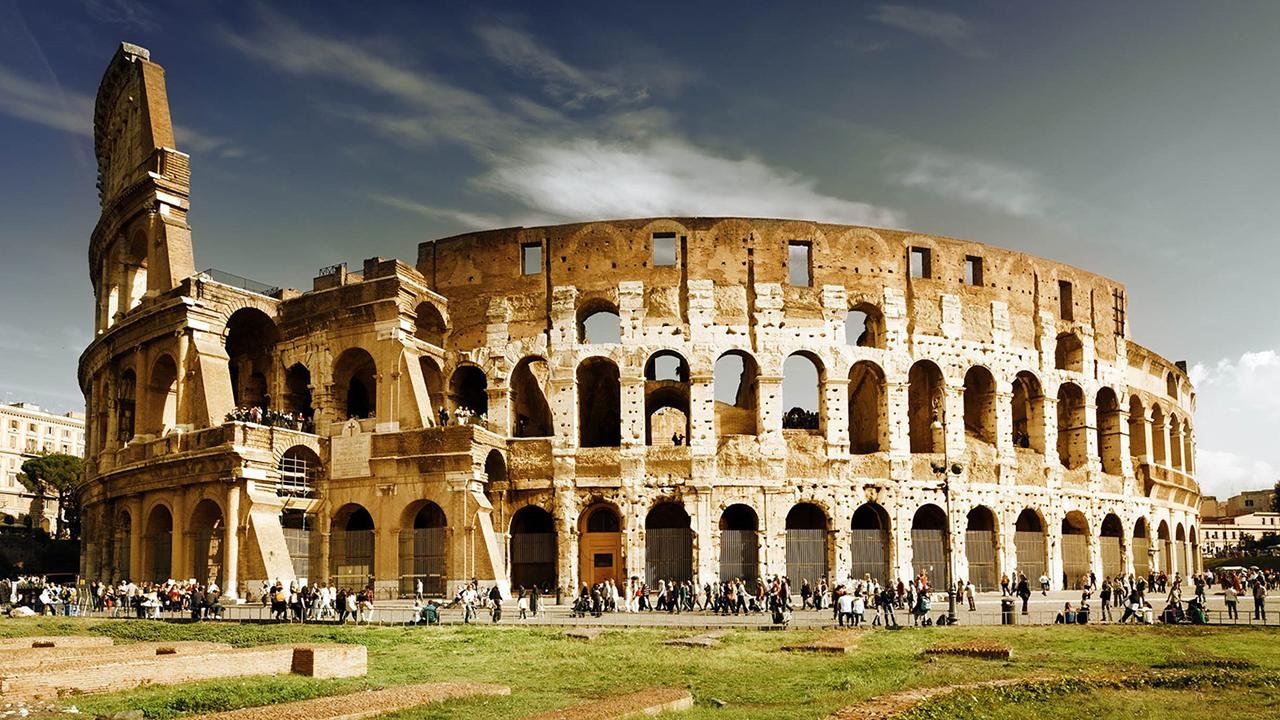
During a study of the drainage system under the Colosseum, they discovered fragments of bear and big cat bones, that were likely used to fight or as prey in hunting games in the ancient Roman arena.
The study began in January 2021, with the clearing of around 70m (230ft) of drains under the Colosseum.
Archaeologists also discovered seeds from figs, grapes, and melons, as well as remnants of olives and walnuts left by nibbling spectators 1,900 years ago.
The findings “deepen our understanding of the experience and habits of those who came to this place during the long days dedicated to the performances,” says Alfonsina Russo, director of the Colosseum Archaeological Park, according to Reuters.
Other finds include more than 50 bronze coins from the late Roman period, spanning around 250-450 CE, and a silver coin from around 170-171 CE to commemorate 10 years of Emperor Marcus Aurelius’ rule.
The Colosseum was the largest amphitheater in the Roman Empire until it was destroyed in 523 CE. It was well-known for hosting gladiatorial battles and other public spectacles in front of tens of thousands of people.




